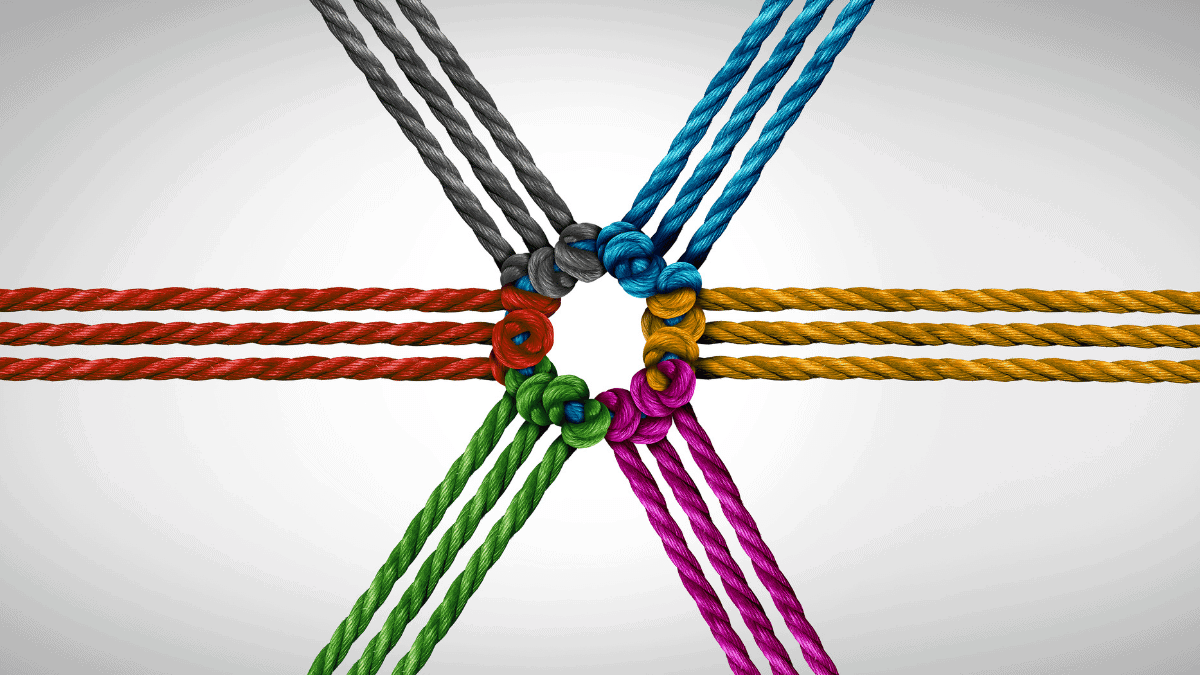The Importance of Digital Trust Networks in the Digital Era
The Importance of Digital Trust Networks in the Digital Era
In today’s digital landscape, the need for trust has never been greater. With the rapid adoption of digital technologies, companies must adapt and implement digital architectures to build trust among their stakeholders.
Digital Technology and its Impact on Trust
The digital era has revolutionized commerce and changed the way we interact with each other. Advancements in technology have eroded transaction costs and enabled seamless interactions and transactions online. However, one persistent issue remains: trust. Despite the many advantages of digitization, the lack of mutual trust between counterparties has limited the full potential of e-commerce and other digital transactions.
The Need for a Digital Trust Network (DTN)
As transactions continue to move online, the demand for trust is growing. While blockchain technology addresses the need for a trusted intermediary database, it is end-to-end trustworthiness that truly matters in transactions. This requires systemic engineering of trust across the entire value or supply chain. A digital trust network (DTN) is a framework that can provide end-to-end trust in digital transactions.
The Complexity of Trust and its Mechanisms
Trust is a complex concept that can be broken down into seven practical mechanisms. When embedded in technology, these mechanisms can be organized into a „stack“ – a modular and interoperable architecture that enables trust between parties. Intermediaries play a critical role in fostering trust and may have the opportunity to create new business models or be disrupted by advancements in technology.
The Future of Trust in a Digital World
As technology advances, the cost, scalability, and effectiveness of trust mechanisms are constantly evolving. This can lead to substitutions, as well as new business opportunities and privacy concerns. Leaders must understand how technology is changing the mechanisms, scale, and scope of trust, in order to design organizations and ecosystems that are fit for the digital age. The digital trust network provides a framework for this task and can offer a new basis of competitive advantage.
In conclusion, trust is a critical commodity in the digital era, and companies must implement digital trust networks to build end-to-end trust among their stakeholders. With advancements in technology and the increasing demand for trust, the digital trust network offers an opportunity to create a more secure and efficient future for digital transactions.

